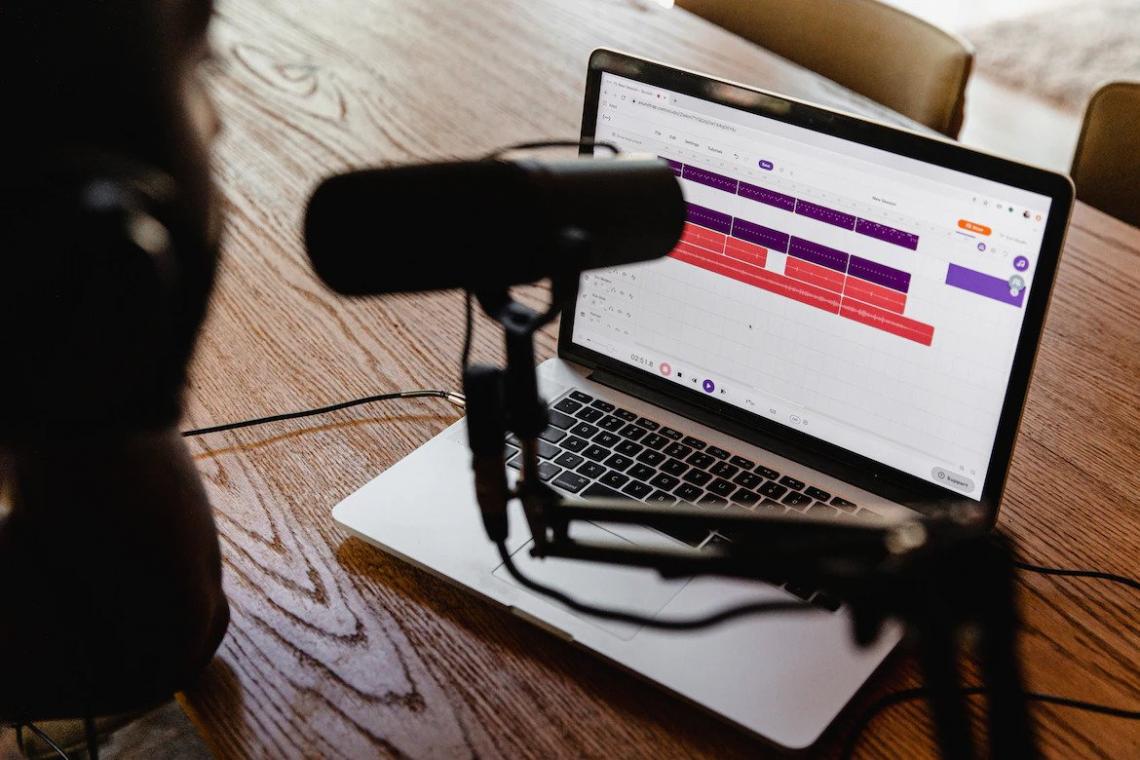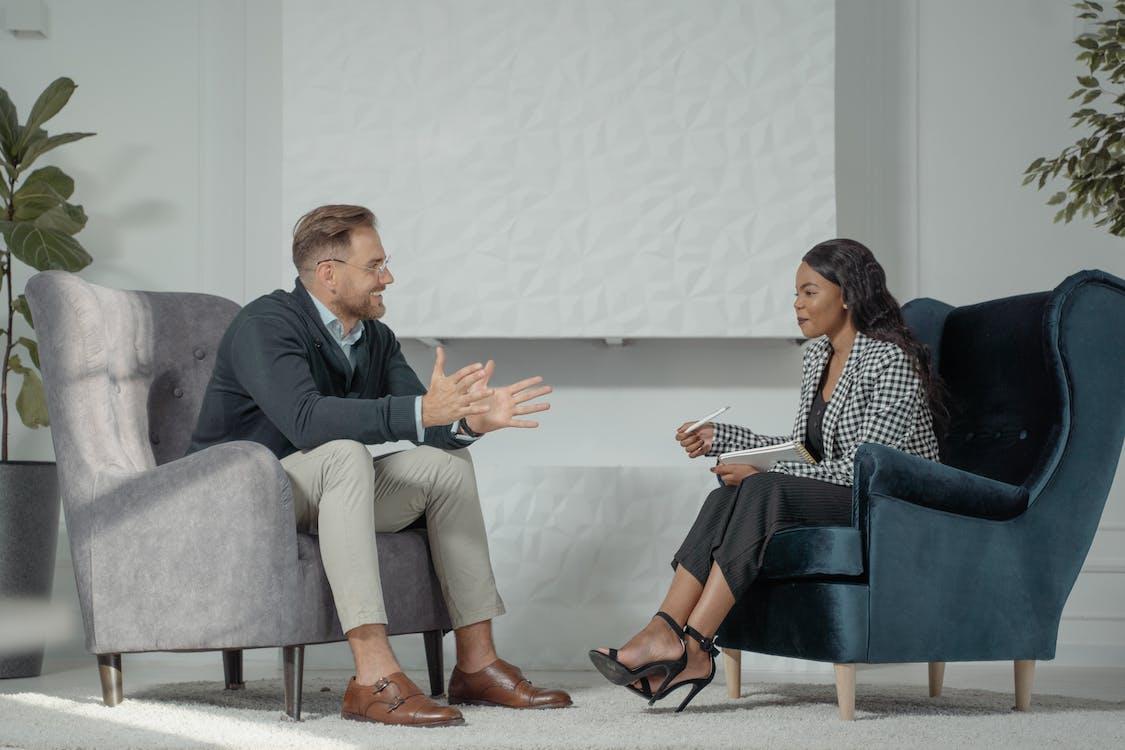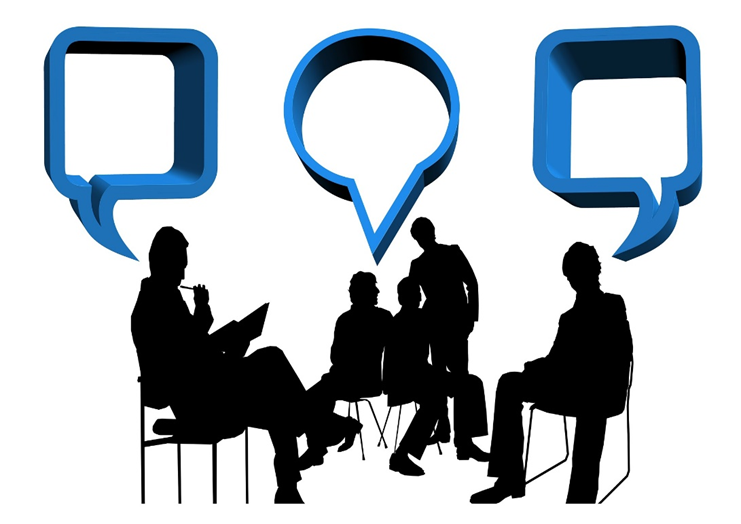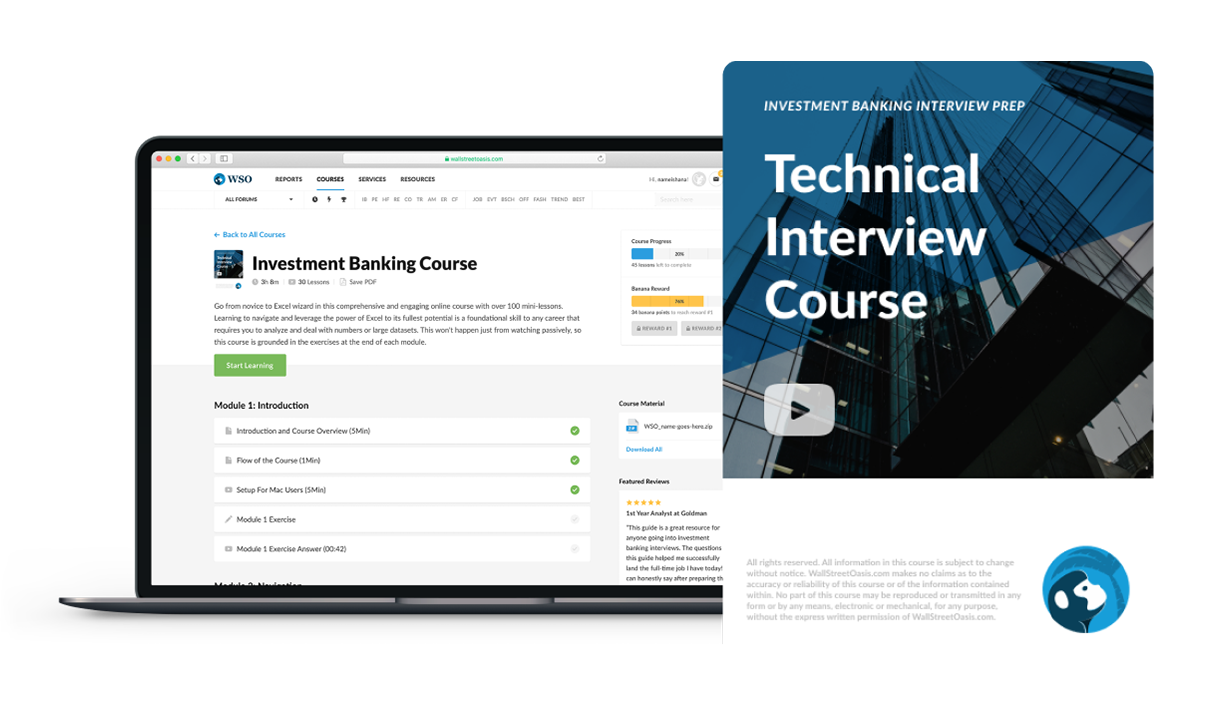
Phone Interview Questions
A method recruiters use to assess applicants to determine who will proceed with the next step.
Phone interviews are a method recruiters use to assess applicants to determine who will proceed with the next step. It works by calling job seekers to talk about the job and learn more about their work experience.

This method aims to screen out candidates to allow recruiters to focus more on candidates that are more qualified. Qualified candidates can proceed with the next step: a face-to-face interview with the hiring manager to discuss matters in more detail.
That eliminates the need for candidates to regularly travel to interviews and lowers the likelihood of delays brought on by traffic or road closures.
There are various questions recruiters ask applicants during the phone interview, which determine whether the candidate is a good fit for this position.
Applicants must be prepared for this because it will show the recruiter that they are a perfect fit for the job if they answer the questions well.
One question that recruiters ask is about the previous job experience of candidates, which is essential for recruiters to learn about. A candidate's prior experience gives recruiters insight into how good of a match the applicant is for the role they applied for.
Phone interview questions test applicants to identify the ideal candidates for the position. Applicants must answer the questions well and with detail to stand out to recruiters and be selected to proceed with the job hiring procedure.
Phone interview questions: Preparation for Phone Interviews
Applicants must be ready for the phone interview and their various methods to prepare for these interviews. One approach is to research the company they applied to, as that knowledge is key to standing out to recruiters and doing well in the discussion.

Companies have goals and policies that job seekers need to be aware of to show recruiters how they can contribute to helping the company achieve its goals. Applicants can demonstrate how the company's goals attract them and show interest in what the company wants to achieve.
Job seekers must be aware of their strengths and weaknesses since there will be questions about their strengths and weak points. There are possibilities that some of the strengths align with what recruiters are looking for, such as organizational and communication skills.

This is one of the steps to prepare in advance; however, another way to prepare is for applicants to have questions of their own to ask. Questions asked to the recruiter will allow candidates to stand out further as recruiters will see that this applicant shows interest in the role and company.
The job description must be observed as the applicant can match their qualifications to the job requirements. The matching of capabilities to the job description is one other way to stand out more to recruiters and prepare for the phone interview.
Practice for Phone Interviews
To prepare for the phone interview, applicants must practice what they will say and their answers. The reason is to feel more comfortable when they must do the real thing and relieve tension and stress to be in good condition for the interview.

Candidates can look at their resumes for reference while practicing and read their background as a refresher. Bad habits can be found during practice that applicants need to be aware of and reduce to sound more confident for the interview.
Applicants can record themselves and listen to their recordings to detect any mistakes and improve them. The tapes allow these individuals to hear themselves and understand how they sound to others, as mannerisms are another factor recruiters consider.

The environment in which applicants practice is also essential, as they cannot have any distractions when they discuss the job with the recruiter. The ideal location would be quiet, and no one can bother the candidate when they begin their phone call with the recruiter.
Applicants must check their phones to see if their phone is fully charged and if there are no technical problems when they receive the call to commence.
There are various factors to account for to prepare for the interview, including behavior.
Behavior During An Interview
One method to present good behavior is to answer the phone when it rings and greets the recruiter politely and with a positive attitude. The recruiter can feel at ease with that greeting and will not feel uncomfortable and proceed with the interview.

There are different types of recruiters; some engage in idle chat first, while others get right down to business. Candidates must adapt to these recruiters and go along with their communication style for better interaction.
It is imperative that candidates have to pay attention to what recruiters are saying, as it is not a good impression to make them repeat themselves often. Listening is a significant factor in convincing recruiters that this candidate would be a good fit for this position.

It is also essential for applicants not to be too fast or slow when they talk to recruiters, as that would be a demerit for them in the eyes of recruiters.
Applicants need to take their time and pace themselves while trying not to be too slow to make a good impression on recruiters.
Focus plays a significant role in how well a candidate does during an interview, as recruiters will take notes on how applicants act. Recruiters will pay attention to how questions are being answered.
For example, if they see that this person sounds confident, then that would convince the recruiter that this one should be recruited into the company.
How To Perform Well In an Interview
Various factors will either improve or hurt someone's chance of proceeding with the process of acquiring the job. Below we exhibit a few of them.

What to do during interviews:
- Addressing the recruiter formally
- Focus and listen when the recruiter is talking and asking questions
- Having excellent questions to ask the recruiter to show interest
- Take notes that would help prepare for other interviews
What not to do during interviews:
- Do not interrupt recruiters when they are explaining the job
- Do not cause distractions during the interview
- Do not hesitate when talking and panic
- Not have any questions to ask and make the interview too short
These are red flags that people must be careful of when preparing for their interviews, as the interview process takes time.

Phone interviews are the first step; however, it is significant for candidates as they must make an excellent first impression to be considered for the job.
Recruiters use this form of interviews for convenience and screening out applicants to save a great deal of time. They observe which individuals are worth considering proceeding with the next step in the overall job process.
This method for screening out people has allowed recruiters to save time and the trouble for candidates to travel for in-person interviews. The candidates selected can then move on to the next step, which would be an interview with the hiring manager.
Next Step of the Interview Process
Phone interviews represent the first round of the hiring process, which screens out the least qualified to focus more on the more ideal candidates. The candidates that are deemed eligible enough will get another phone call from recruiters for the second round of interviews.

Candidates can send a thank-you note after the phone call with the recruiters to ensure they are still interested in the role and company. This will give recruiters a positive impression of candidates who send a thank-you note after the phone call.
There are other messages to send to recruiters after the first round, with one being additional questions about the role and the company. The recruiter will be able to see how much more interested the candidate is in the job offer.

Candidates can express how impressed they were after hearing more detail about the job offer and industry from their recruiter. The recruiter would normally be happy to share more information about the company with those interested in learning more.
The follow-up allows asking about the matter that applicants forgot to mention during the interview to gain more information. Information is essential to help applicants better prepare for the next round of interviews with recruiters and hiring managers.
Second Round of Interviews
The second round of interviews implies that the company has deemed a group of candidates capable and has the main requirements for the job being offered. It is a good sign for applicants selected for the second round of interviews for various reasons.

One reason is that this indicates to applicants that they did well during the first interview and made a good impression.
Recruiter signals to selected individuals that they are impressed by them and want to learn more about them to see who will get the job offer.
The second stage of the hiring process will involve interviewing various recruiters, unlike the first stage, where people only have to chat with one recruiter.
The reason for this is that the company wants to know more about the applicant's experience and skill set. The other recruiters would like to know why these candidates were selected and what makes them suitable for the position.
Candidates, at this point, need to convince the other recruiters the same way they convince the one they chatted with during the first round.
The questions during the second round will focus more on a particular area and determine which candidate will get the job. The questions asked will be more behavior-based as recruiters want an image of what it would be like working with this candidate.

Recruiters will gain a deeper insight into candidates' personalities to better understand them and further narrow down on the candidates.
This will allow the hiring manager to decide which will make the role more manageable.
Benefits of the Interview Process
The entire interview process benefits both recruiters and job seekers, with one being expanding their network. Both sides can make connections through their interactions which has both short and long-run benefits.

These connections benefit job seekers as they now have someone in the company who recommends them for other job opportunities that appear.
By doing this, job seekers will have a greater chance of being chosen for interviews and standing out from the competition.
Employers also benefit from making these connections as they can always call on those job seekers regarding other job opportunities. If job seekers did not get the job but made a considerable impression, then the company can offer another available option.
One opportunity would be a project about to start, and the company could be short of workers required for the project. In this case, these individuals work as contract workers, as the project only lasts for a certain period.
Multiple interviews happen to screen out individuals that applied for the position so that only the more suitable candidates remain. The first round reduces the number of applicants, and the second round reduces the number further to see who the ideal applicant is for the role.
Employers must choose a certain number of individuals for the role, as they cannot pick everyone, and there are multiple interviews. The company may not have enough room to accommodate everyone, and they only select a few individuals for the position or even just one.
- Phone interviews questions help determine which suitable candidates
- Preparation is necessary to do well in interviews
- Applicants need to express interest and ask questions to stand out
- The hiring process can be time-consuming due to having various steps
- Recruiters use multiple factors to determine which candidates move on to the next stage
- Recruiters observe how closely an applicant's skill set matches the job description
- The first round of interviews screens out the least qualified people
- The second round of interviews asks more in-depth questions to assess candidates

Everything You Need To Break into Investment Banking
Sign Up to The Insider's Guide on How to Land the Most Prestigious Jobs on Wall Street.
Researched and Authored by Ayoub Mresa | LinkedIn
Reviewed and Edited by Raghav Dharmarajan
Free Resources
To continue learning and advancing your career, check out these additional helpful WSO resources:


or Want to Sign up with your social account?